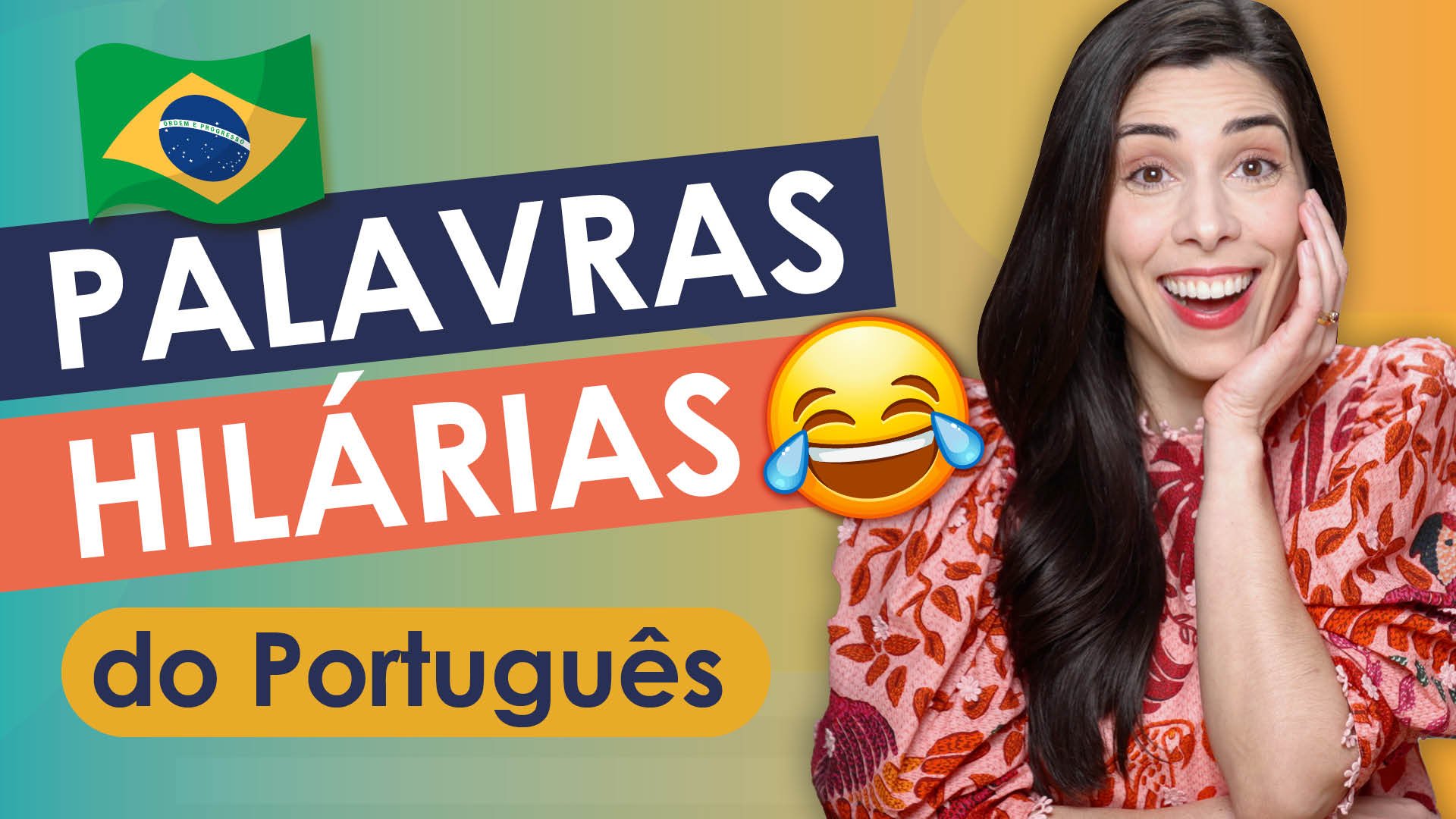This lesson includes a free PDF with a list of useful words and phrases for expressing gratitude in both formal and informal situations in Portuguese.
Fill out the form below to download your worksheet.
Olá, queridos alunos! (Hello, dear students!)
Did you know that the word “obrigado,” with its standard pronunciation, is rarely used in Brazil?
Of course, you can and should use the word “obrigado” (thank you). It’s one of the most frequently used and important words in the Portuguese language.
That said, there are plenty of other ways to say “thank you” in Brazilian Portuguese.
In this lesson, you’ll learn 9 ways to express gratitude in Brazilian Portuguese.
9 ways to say “thank you” in Portuguese
1. Brigado or Brigada (Thanks)
The most common way to say thank you in spoken language is by using a shortened version of the word “obrigado.” When we speak naturally, we don’t pronounce the first “o,” and the final vowel is pronounced almost inaudibly.
This shortened version is used only in speech. We shouldn’t write it this way. In writing, I recommend using the full word, “obrigado” or “obrigada.”
Remember that men should say “obrigado” and women should say “obrigada,” regardless of the gender of the person you’re speaking to.
2. Brigadão (Thanks a lot)
This is an informal way of saying “thank you very much.”
3. Valeu (Thanks)
This is a very informal way to say “thank you.” Ater “brigado” and “brigada,” “valeu” is the most commonly used word in Brazil today to thank someone in an informal way.
4. Gratidão (Gratitude)
This word is a noun that indicates the feeling of gratitude. Recently, I’ve noticed many people using the word “gratidão” instead of “obrigado.”
I don’t use the word this way, but many people do. It’s a short way of saying, “I feel gratitude for what you did for me.”
5. Agradecido or Agradecida (I’m grateful)
This word is an adjective that refers to someone who feels gratitude. Some people use the word “agradecido” instead of “obrigado.” It’s a shorter way of saying “I am grateful for this.” I don’t use this word this way, but some people do. I think it’s more regional.
6. Grato or Grata (I’m grateful)
This term is more formal and is mostly used in written language, especially in emails.
You can end an email with the word “grato” and your signature. You can also use this word in a sentence. For example:
– Estou grata pela sua ajuda. (I am grateful for your help.)
Like the words “obrigado” and “agradecido,” the term “grato” is an adjective and should agree with the gender of the person speaking. Men should say “grato” and women should say “grata.”
7. Agradecer (To thank)
In addition to all the words mentioned, we can also use the verb “agradecer” in place of “obrigado.” It’s commonly used in somewhat more formal language. For example:
– Eu gostaria de agradecer a vocês pela ajuda. (I would like to thank you all for your help.)
– Agradeço a todos pela presença. (Thank you all for coming.)
8. Não precisava. (You shouldn’t have.)
This phrase is often used when you receive a gift. Sometimes, in addition to or instead of “obrigado,” some people say:
– Ah, não precisava! (Oh, you shouldn’t have!)
9. Deus lhe pague. (God bless you.)
This is a phrase frequently used by religious people, generally with close friends or family.
I’m not religious, but I love this phrase because it reminds me of my grandmother. Whenever someone did something for her, she would say:
– Deus lhe pague! (God bless you!)
There’s a song by the Brazilian singer Chico Buarque called “Deus Lhe Pague.” The lyrics of this song are incredible!
If you don’t know which word to use to say thank you, you can always use the word “obrigado,” as it works in both formal and informal situations.
Free PDF!
This lesson includes a free PDF with a list of useful words and phrases for expressing gratitude in both formal and informal situations in Portuguese.
Fill out the form below to download your worksheet.
Online Brazilian Portuguese Courses
If you enjoyed this lesson, you’ll love our courses! At Speaking Brazilian School, we offer digital courses, small group classes, and private lessons. Click here to learn more about our Brazilian Portuguese online classes.
Até a próxima!
Virginia & Speaking Brazilian Team


